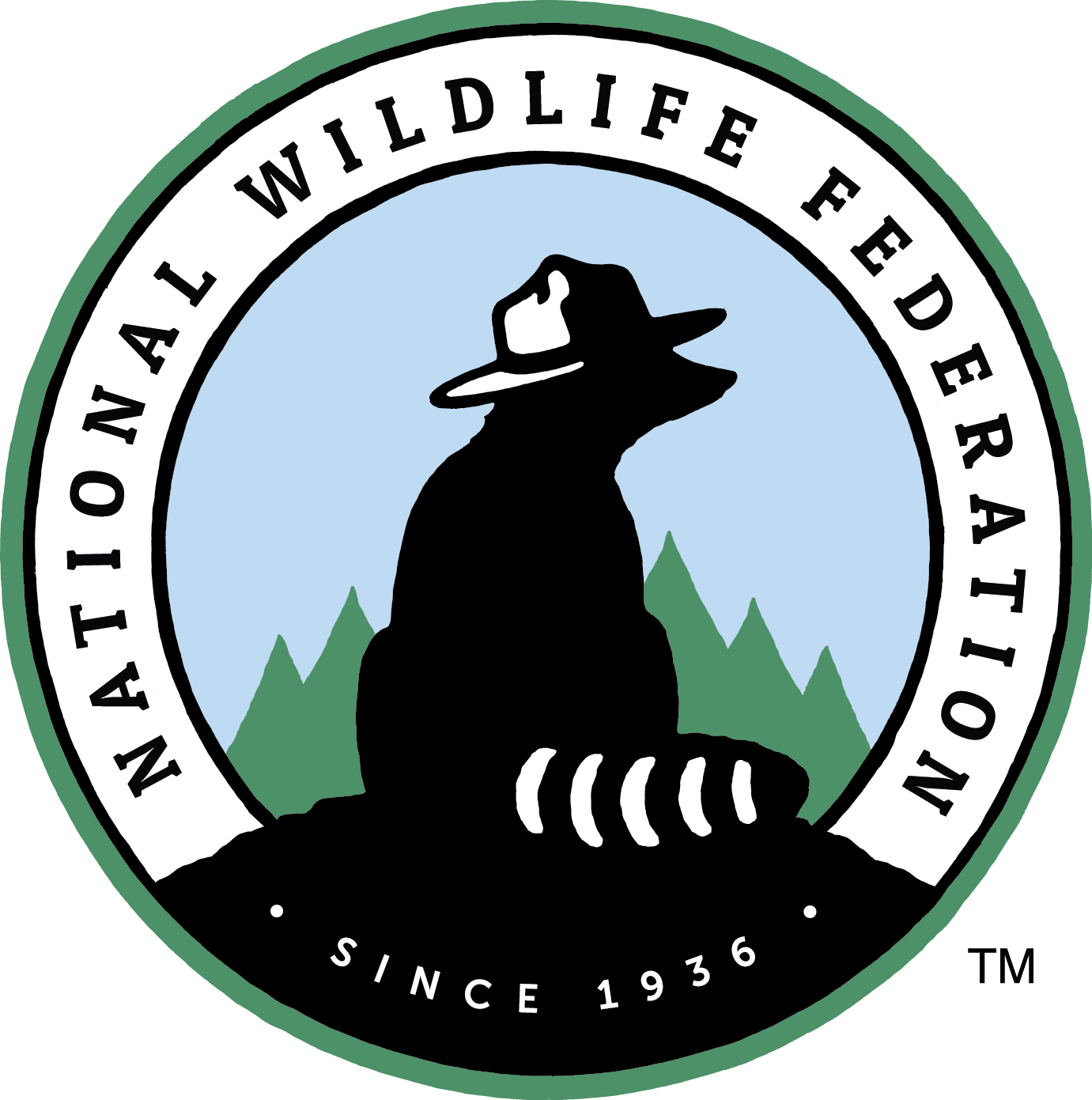Number 2022-02
WHEREAS, hunting and fishing are activities enjoyed by many individuals, and among families and friends across the United States; and
WHEREAS, the United States is composed of a multicultural and multi linguistic populace, with at least 21.6% of the population speaking a language other than English at home, such as Spanish, Chinese, Vietnamese, Tagalog, Arabic, French, and Korean; and
WHEREAS, over 40 million people speak Spanish in the United States, making Spanish the second most spoken language in the country; and
WHEREAS, if U.S. Latinos were a standalone country, they would account for the 7th largest GDP in the world, tied with France at $2.7 trillion in total economic output (GDP), according to the 2021 Latino Donor Collaborative’s U.S. Latino GDP Report; and
WHEREAS, the number of Spanish-language households in the United States is increasing, according to the Pew Research Center; and
WHEREAS, the U.S. Fish and Wildlife Service (published 2018) indicates that one percent of all hunters and seven percent of all anglers in the U.S. are Hispanic/Latinx, which constitutes nearly 400,000 and 3.1 million individuals, respectively; and
WHEREAS, safety and lawfulness are important criteria when hunting and fishing; and
WHEREAS, having clear, properly translated regulations would increase the confidence and safety of hunters and anglers as they access the field; and
WHEREAS, Spanish and other regionally important language regulations would increase the likelihood of speakers of these languages purchasing a state or federal fishing or hunting license or stamp; and
WHEREAS, an increase in hunters and anglers increases the revenue brought in through state fishing and hunting licenses, federal excises taxes and other federal endorsements and stamps and helps fund critical conservation projects; and
WHEREAS, the National Wildlife Federation believes strongly in promoting a hunting and fishing population that is reflective of the population of this country; and
WHEREAS, addressing language barriers to hunting and angling is one important step toward improving access to nature, and improving recruitment, retention, and reactivation (R3) efforts; and
WHEREAS, fairness and inclusiveness principles demand that regulations, which are often-times complicated, be offered in languages that make it easier for large and growing segments of our population to understand; and
WHEREAS, Colorado, Kansas, Minnesota, New Mexico, Ohio, and Texas have translated hunting and/or angling regulations into Spanish and/or other regionally important languages.
NOW, THEREFORE, BE IT RESOLVED that the National Wildlife Federation, at its Annual Meeting assembled June 7-11, 2022, strongly encourages the efforts of all organizations, and specifically the efforts of its affiliates, to ensure access to hunting and fishing regulations in Spanish and other regionally important languages in each state and territory of the United States and supports connecting efforts across affiliate organizations.
